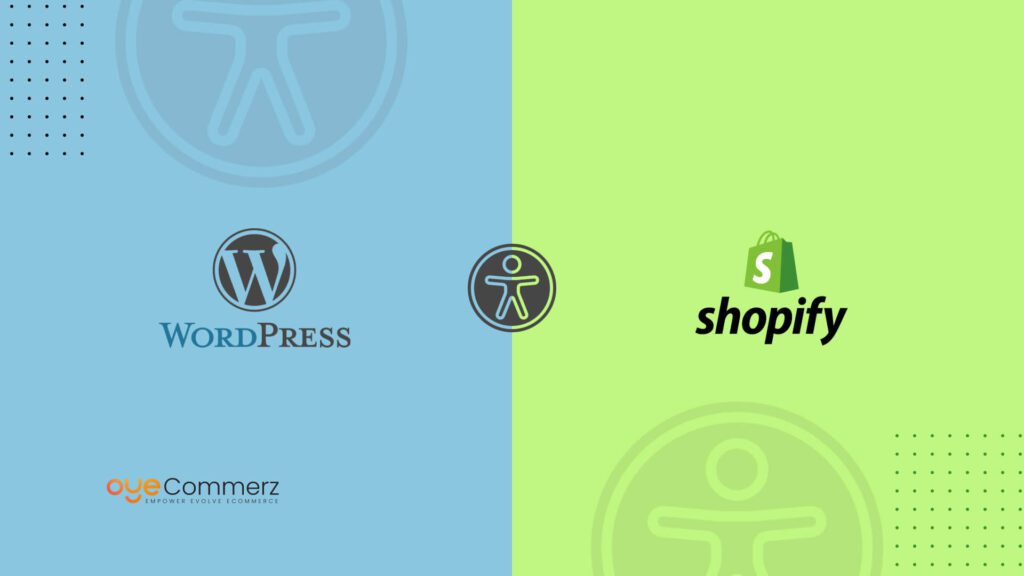In the constantly changing sphere of online retail, selecting the right platform is essential for your brand’s success. If you’re presently using WP and planning a migration to Shopify, you’re not alone. Numerous businesses are shifting to utilize Shopify’s comprehensive features, ease of use, and growth potential. This guide will guide you on the process of migrating from WordPress to Shopify effortlessly, ensuring that you unlock your online retail potential.
Why Switch from WordPress to this platform?
Prior to exploring the migration process, it’s essential to know why this change can be advantageous for your online store:
Intuitive Design: Shopify offers an user-friendly system that streamlines store operations, enabling for non-technical users.
Flexibility: As your business grows, Shopify can support increased visitors and sales without sacrificing efficiency.
All-in-One Solutions: Shopify includes built-in resources for SEO, analytics, payment processing, and much more, minimizing the need for numerous plugins.
Enhanced Security: With Shopify, you get access to strong security protocols that safeguard critical customer data.
Steps for a Seamless Migration
Migrating your online store from WordPress to Shopify requires several steps.
Here’s the way to facilitate a smooth transition:
Outline Your Migration Strategy
Start by mapping out your migration blueprint. Identify which components of your current site you plan to transfer, such as:
Item details
Client data
Order history
Posts
Choose the Right Migration Option
Based on your requirements, select a migration package that aligns with your store. Professional services provides multiple choices:
Starter Package: Suitable for boutique stores with limited products.
Mid-Tier Plan: Appropriate for mid-range businesses with moderate demands.
Advanced Plan: Best for big stores demanding broad customization.
Secure Your Content
Prior to starting the migration, make sure that you have a comprehensive copy of your WordPress site. This action is essential in the event anything goes off track during the migration.
Export Your Information from WP
Utilize plugins or custom scripts to transfer critical data from your Shopify professional support WordPress site:
Products
Customers
Sales records
Blog posts
Import Data into Shopify
After you have your data moving your store to Shopify retrieved, use Shopify’s migration apps or third-party apps to migrate your information into your updated store. Confirm that all content is properly organized and arranged.
Personalize Your Shopify Store
Following uploading information, adjust your Shopify site’s layout to align with your business goals. Think about engaging a specialist if you need detailed customization.
Set Up Checkout Systems and Logistics
Set up payment gateways and shipping settings in Shopify to facilitate a smooth transaction experience for customers.
Implement Search Engine Optimization Guidelines
To keep your SEO performance during the transition:
Use 301 redirects from previous URLs to migrated ones.
Revise metadata.
Adjust images and content for SEO.
Test Your Migrated Shop
Before publishing, completely check your Shopify site. Identify any errors, transaction errors, or incomplete files.
Launch Your Platform
Once everything is in place, it’s the opportunity to go live! Inform the transition to your customers and motivate them to experience the updated capabilities of your Shopify store.
Post-Migration Guidance
Even after publishing your updated store, regular assistance is essential. Consider partnering with professionals who can guide with:
Troubleshooting
Marketing strategies
Enhancing features
Conclusion
Migrating from WP to this platform can be a crucial move for your eCommerce. By following this guide and working with tools like those offered by OyeCommerz, you can ensure a smooth transition that enhances your digital storefront. Adapt to the shift and realize the full capabilities of Shopify today!
